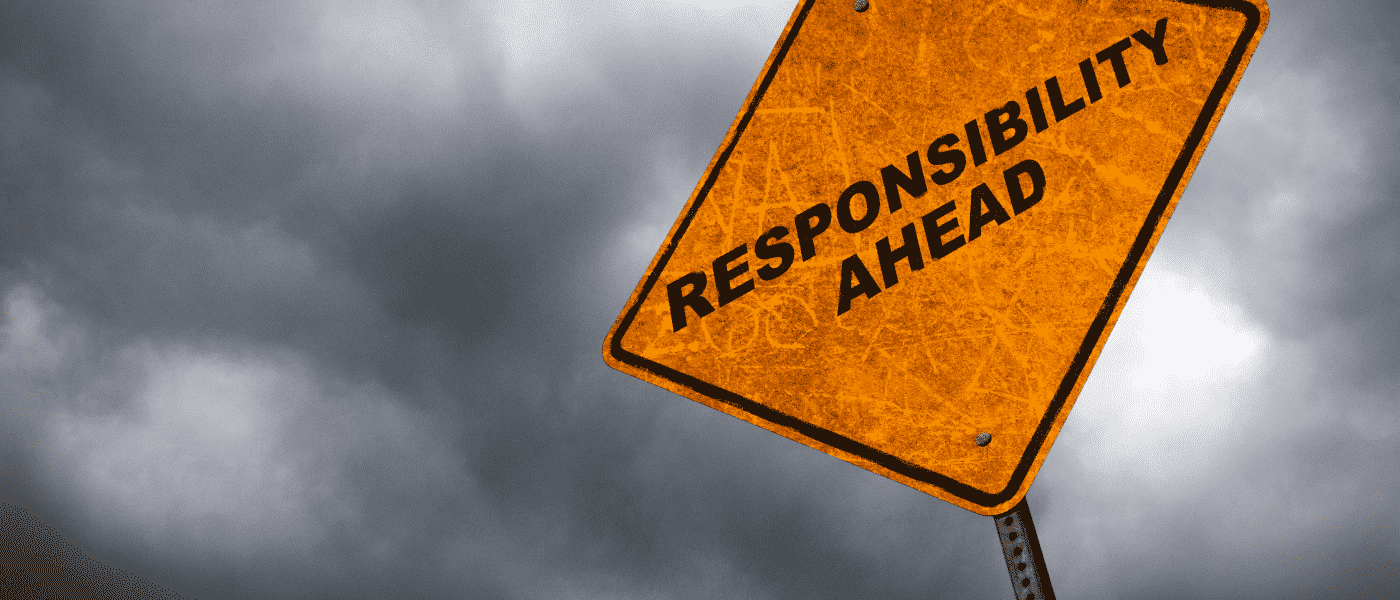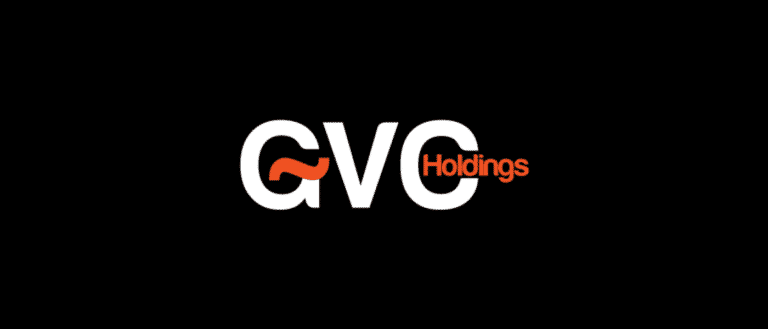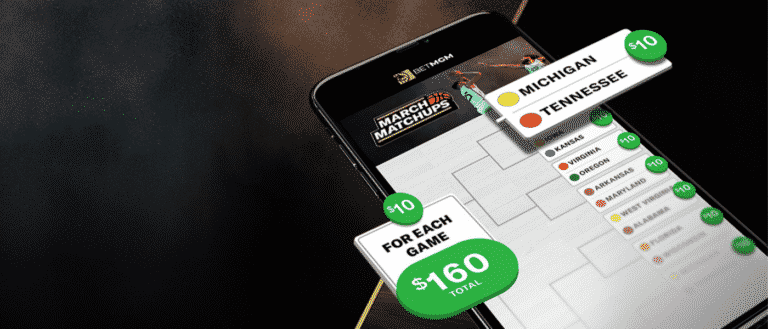NCAA And EPIC Risk Management Partnership Aims To Reduce Gambling Harm

Gambling harm has been thrust to the forefront as legal sports betting continues its rapid spread across the US. To help mitigate gambling’s social harms, EPIC Risk Management is teaming up with the National Collegiate Athletic Association (NCAA) to create a comprehensive gambling harm and student-athlete protection educational program.
According to the press release, the partnership will “provide a ground-breaking education and awareness player protection program that covers 500,000 for NCAA collegiate athletes and up to 1,100 member colleges.”
The new agreement expands EPIC’s existing relationship with 40 NCAA programs.
About the New EPIC-NCAA Program
Per the press release:
“The program will be made available to all NCAA campuses and conferences later this year with a blend of delivery options including live, in-person education workshops and seminars, pre-recorded sessions, and on-demand virtual resources. Education materials will be strategically focused to educate student-athletes, coaches, administrators, game officials, health care and support personnel.”
“This program is the latest action by the national office as the membership adapts to increased legalized sports wagering,” said Stan Wilcox, executive vice president of regulatory affairs at the NCAA. “The NCAA continually assesses the evolving sports wagering landscape, and we are committed to providing tools, resources, and educational initiatives for our schools and conferences.”
“Our team is made up of industry experts, many with lived experience of gambling addiction, committed to raising awareness and preventing gambling harm,” said Paul Buck, CEO of EPIC Risk Management. “We are excited to work with the NCAA to further equip student-athletes and athletics personnel with the most comprehensive gambling harm preventative services, support, awareness, and education.”
The Need for Action
Colleges and universities are entering into partnerships with sports betting operators, and some of the fruit these deals produce is rotten to the core.
As a National Council on Problem Gambling (NCPG) report found:
- College and university students tend to have higher rates of problem gambling as compared to the general population.
- College student-athletes have an even greater risk for gambling problems than the general college population.
Student-athletes are not only at an increased risk of developing gambling disorders, but they also need to navigate the minefield of being part of “the show.”
As US Integrity Founder and CEO Matt Holt told Betting USA back in June 2020:
“These student-athletes are going to be sitting in classrooms with other students legally able to place a wager, and who may have placed a legal wager on that team. What is the experience going to be for that student-athlete sitting across from other students who placed wagers and lost?
“The coaching staff and the student affairs folks must be speaking to the student-athletes. If you receive any type of threat, this is where you go. If people are pressuring you to do things, this is who you tell. Be aware that if you go on social media after not covering the spread, it could turn into a cesspool.
“If you’re in your classroom environment, how do we make these kids feel comfortable the next day after he misses a couple of free throws that cost the spread in a high-profile game?”
And these aren’t theoretical discussions. As Holt explained in another interview, “We had a student-athlete in one college basketball game where they were a 16-point underdog down 15, with just a few seconds left. The backup point guard gets fouled, misses a pair of free throws and gets a post on Instagram that says, ‘I know you missed those free throws on purpose. I hope you die. If I see you, I’m going to slit your throat.’”





